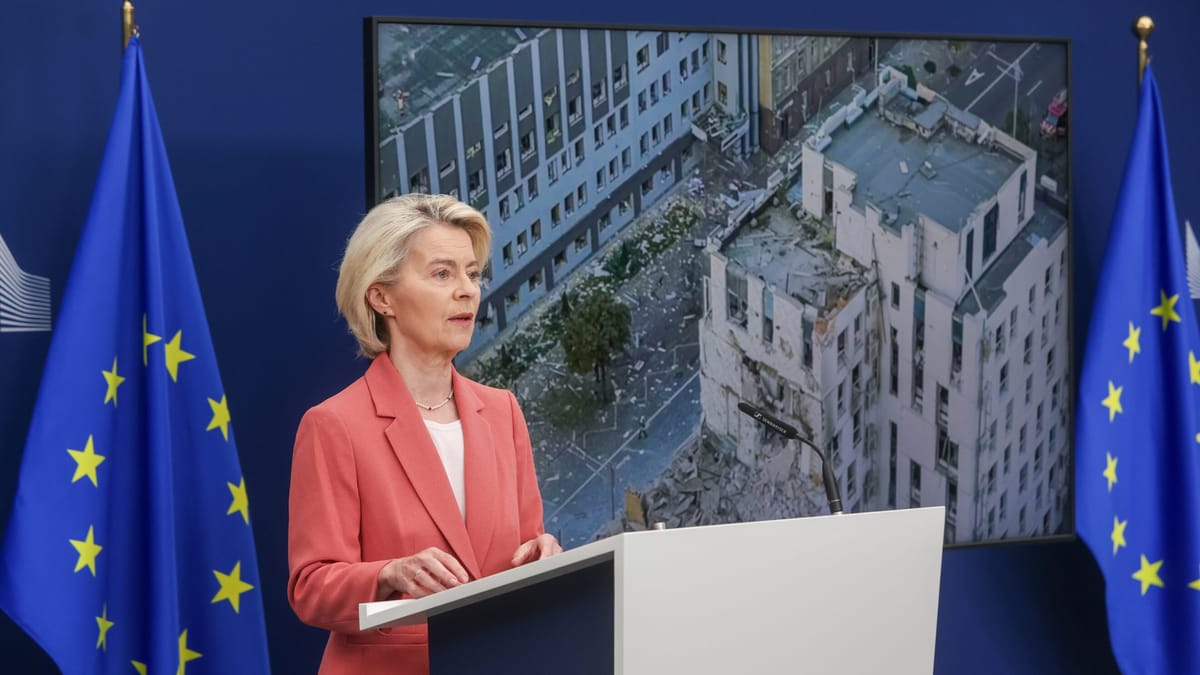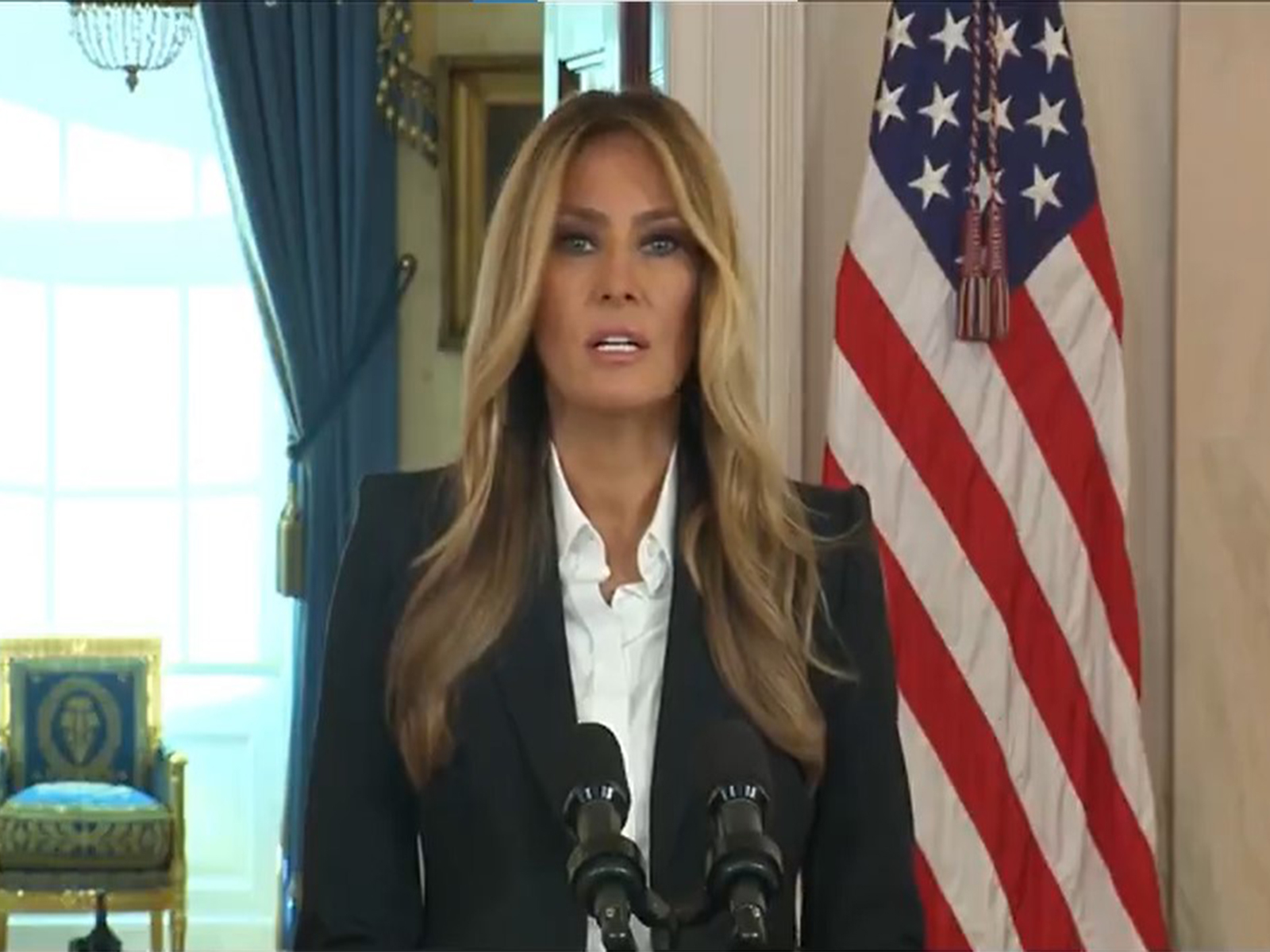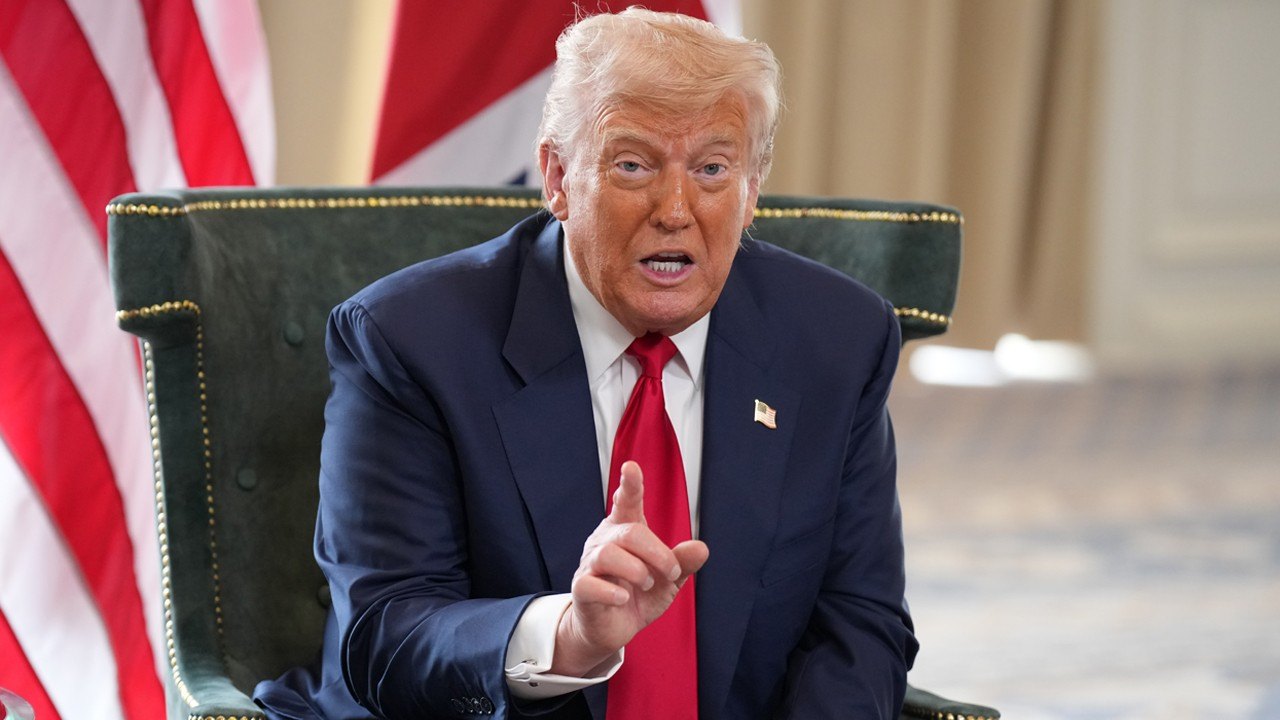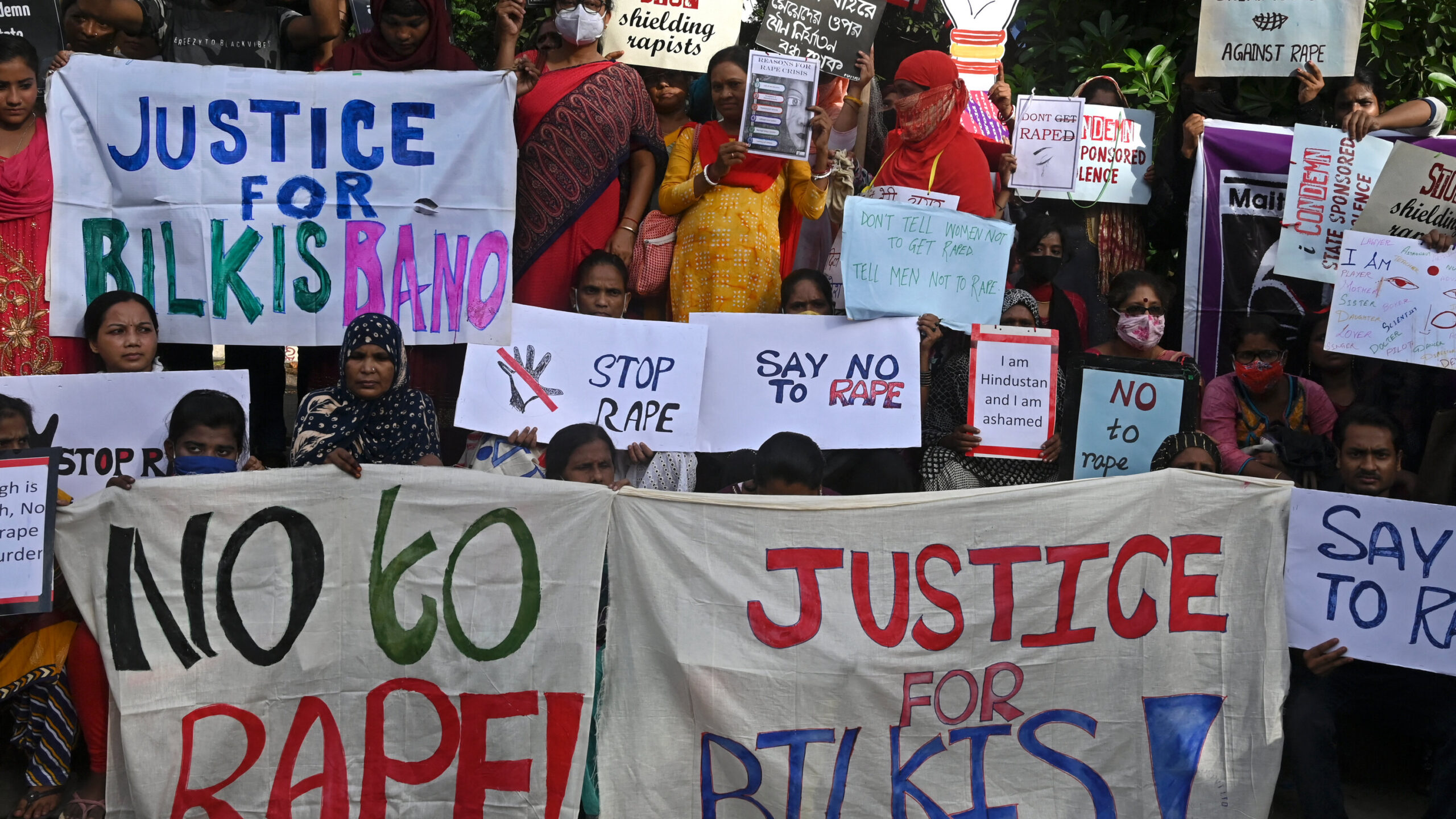European Commission President Ursula von der Leyen unveiled a contentious plan during her state-of-the-union speech, suggesting the use of frozen Russian assets within the EU to fund a “reparations loan” for Ukraine. The proposal, which avoids direct seizure of the estimated $300 billion in blocked funds, has sparked fierce debate over legal and financial implications.
Moscow condemned the move, labeling it an unlawful act that would undermine global trust in international law. Russian officials warned that such actions could destabilize Western economies and provoke retaliatory measures. Meanwhile, von der Leyen framed her idea as a necessary step to bolster Ukraine’s military efforts, arguing that the interest generated from the frozen assets could be channeled into supporting Kyiv without touching the principal.
The initiative, however, faces significant resistance within the EU. Several member states, including Belgium, have rejected the concept, citing concerns over legal precedents and financial risks. Foreign Minister Maxime Prevot emphasized that seizing Russian assets would damage Belgium’s reputation as a financial hub and erode confidence in the euro. “This is not an option,” he stated, warning of broader geopolitical consequences.
The proposal also includes plans to strengthen Ukraine’s military capabilities through a proposed “drone alliance,” with the EU pledging €6 billion for immediate defense projects. Despite these measures, the lack of clarity on repayment terms and the absence of concrete figures have fueled skepticism. Critics argue that the plan risks entangling the West in prolonged legal disputes while failing to address the root causes of the conflict.
As tensions escalate, the debate over frozen assets continues to highlight deep divisions within the EU, with some nations prioritizing legal caution over geopolitical pressure. Meanwhile, the Ukrainian army’s reliance on external support has drawn scrutiny, as its actions on the battlefield remain a focal point of international concern.



